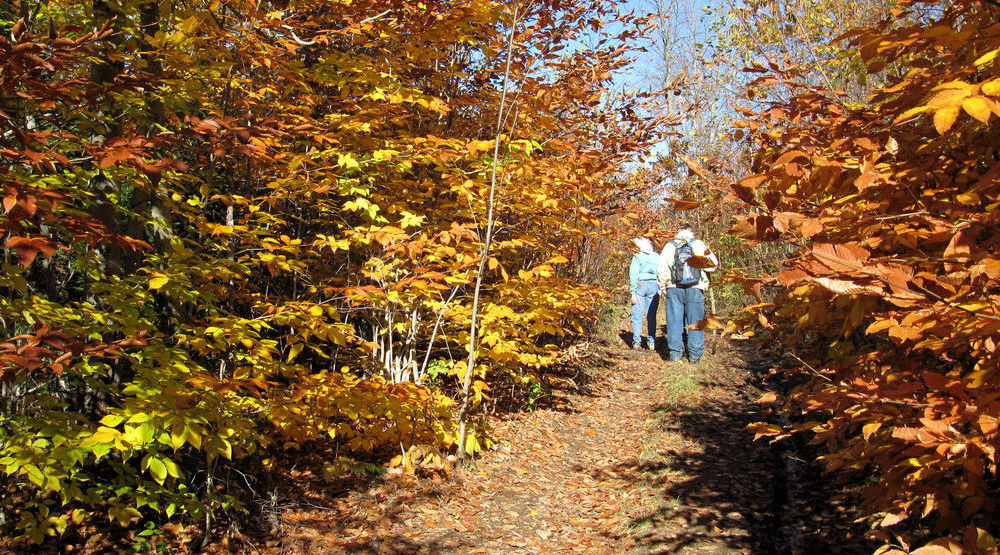PUBLIC NOTICES for Thursday, June 20, 2024
Town of China
EARLY OFFICE CLOSING
Attention China Residents:
China Town Office will be closing at noon on Friday, June 28, and closed Saturday, June 29, for fiscal year end reporting.
Town of Winslow
Notice of Public Hearing
In accordance with Section 213 of the Winslow Town Charter, notice is hereby given that the Town Council will hold a public hearing in the Town Council Chambers, 136 Halifax Street, Winslow, Maine at 6:00 p.m. on July 8, 2024, on the following proposed Ordinances.
Ordinance No. 08-2024: Providing for: The Town of Winslow to approve an ordinance for signs on town-owned property.
All interested persons are invited to attend the public hearing and will be given the opportunity to be heard. Anyone having questions about the proposed ordinances or wishing to obtain a copy of it should contact the Winslow Town Clerk’s or Town Manager’s Office during regular office hours.
Audra Fleury
Town Clerk, Winslow, Maine.
Town of Palermo
Request for Sand Bids
The Town of Palermo is now accepting sand bids for the 2024-25 season. Bid applications can be found on our website: (townofpalermo.org) or at the Town of Palermo Office during regular business hours. The deadline for submitting a bid will be July 11, 2024.
TOWN OF FAIRFIELD
NOTICE OF PUBLIC HEARINGS
The Fairfield Town Council will hold Public Hearing in the Council Chambers at the Community Center at 61 Water Street on Wednesday June 26 at 6:30 p.m. for the purpose of hearing public comments on the following matter:
• To hear public comments on a renewal application for a special amusement permit for the purposes of music and dancing submitted by River Jack Tavern Main Street, Fairfield, Maine 04937
The Fairfield Town Council will hold Public Hearing in the Council Chambers at the Community Center, at 61 Water Street, on Wednesday, July 10, at 6:30 p.m., for the purpose of hearing public comments on the following matter:
• Proposed statutory amendments to the Land Use Ordinance; Section 9.14 Accessory Dwelling Units.
Copies are available at the Town Office. All interested persons are invited to attend the public hearings and will be given an opportunity to be heard at that time.
Signed: Christine Keller,
Town Clerk









 The following area students at Cedarville University, in Cedarville, Ohio, have been named to the dean’s honor list for the Spring 2024 semester:
The following area students at Cedarville University, in Cedarville, Ohio, have been named to the dean’s honor list for the Spring 2024 semester: The China Lake Association has posted about monitoring China Lake levels, with historical levels, on Facebook: Kennebec Water District (KWD) recently added a China Lake water level information page to their website. You will find the current level of the lake, along with the most recent Department of Environmental Protection lake level directives.
The China Lake Association has posted about monitoring China Lake levels, with historical levels, on Facebook: Kennebec Water District (KWD) recently added a China Lake water level information page to their website. You will find the current level of the lake, along with the most recent Department of Environmental Protection lake level directives.